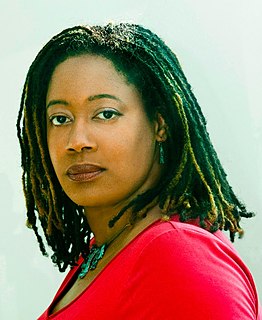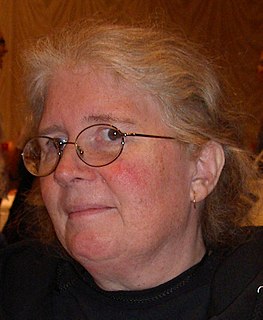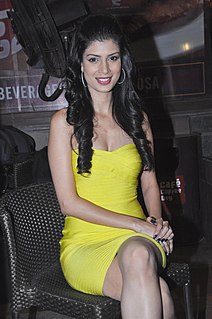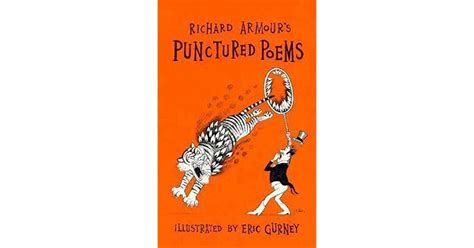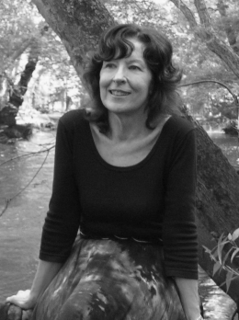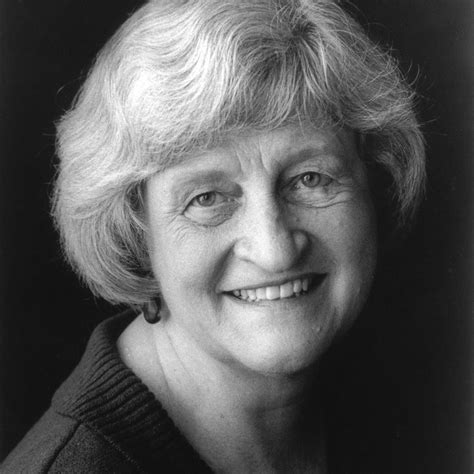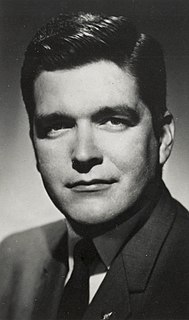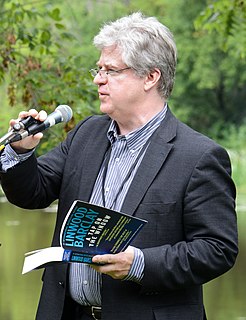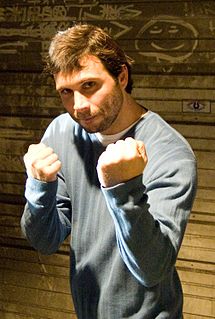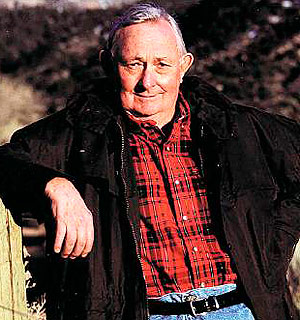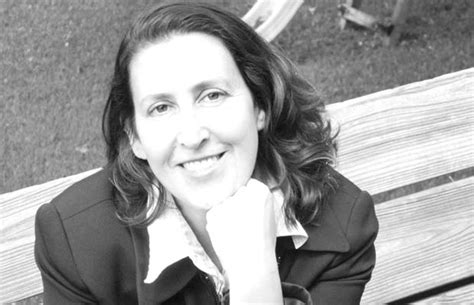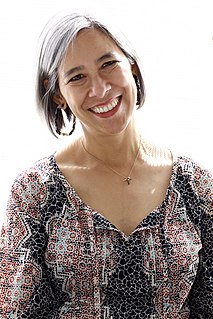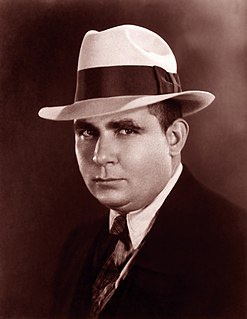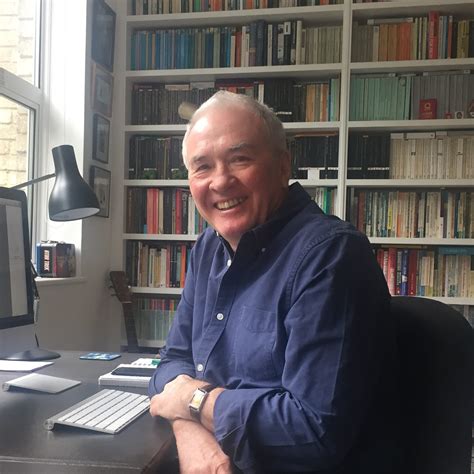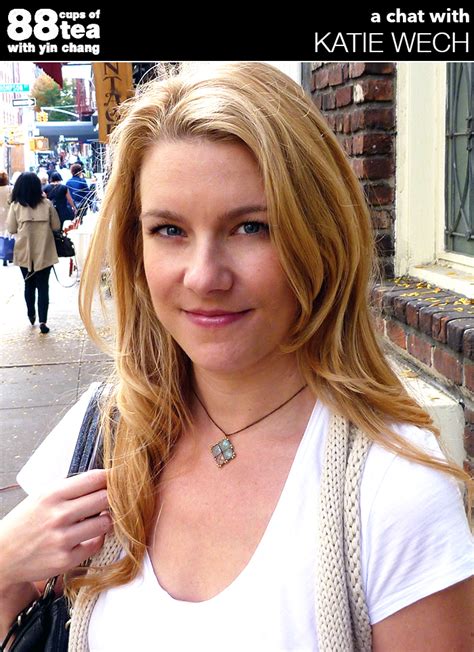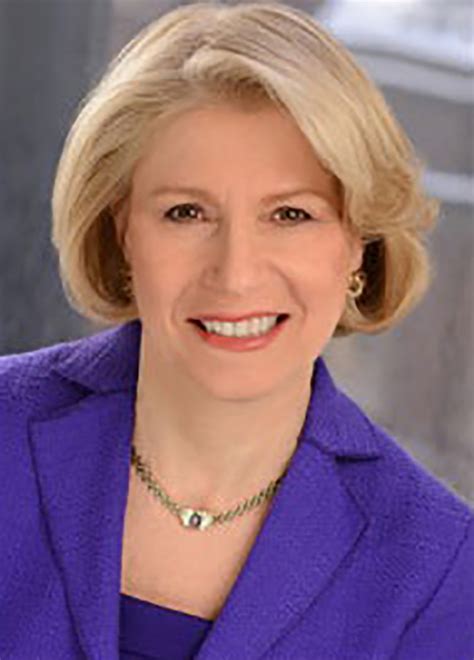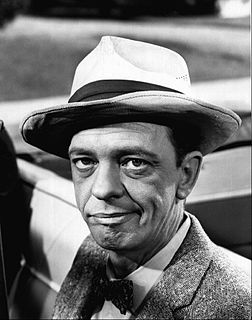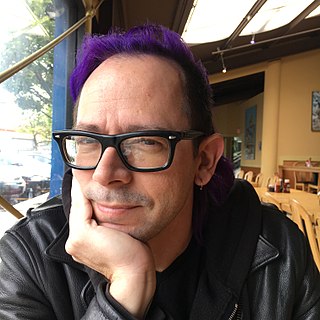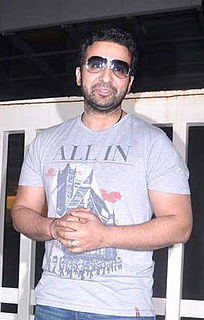Top 1200 Plot Twists Quotes & Sayings - Page 17
Explore popular Plot Twists quotes.
Last updated on November 25, 2024.
The Cloud Roads has wildly original worldbuilding, diverse and engaging characters, and a thrilling adventure plot. It's that rarest of fantasies: fresh and surprising, with a story that doesn't go where ten thousand others have gone before. I can't wait for my next chance to visit the Three Worlds!
Shakespeare, who never could think up a plot by himself, found this one [Macbeth] in Holinshed's Chronicles, changing it just enough so that no one would recognize the source. He didn't count on the resourcefulness of modern scholars, who have to discover things like this to become associate professors.
Most of the people who were responsible for 9/11 are now in custody or have been killed. But there are others, and they plot and they plan, and they hope to pull it off again. And while we have to be right 100 percent of the time, they only have to be right once. So there's no way to overreact to that.
The drive of the Rockefellers and their allies is to create a one-world government combining super capitalism and Communism under the same tent, all under their control.... Do I mean conspiracy? Yes I do. I am convinced there is such a plot, international in scope, generations old in planning, and incredibly evil in intent.
Lent is the time for trimming the soul and scrapping the sludge off a life turned slipshod. Lent is about taking stock of time, even religious time. Lent is about exercising the control that enables us to say no to ourselves so that when life turns hard of its own accord we have the stamina to yes to its twists and turns with faith and hope. Lent is the time to make new efforts to be what we say we want to be.
I've never written a book with an outline or a predetermined theme. It's only in retrospect that themes or subjects become identifiable. That's the fun of it: discovering what's next. I'm often surprised by plot developments I would not have dreamed of starting out, but that, in the course of the writing, come to seem inevitable.
Basic Instinct 2' is an uneasy experience because, although it is hyper-reflexive to the point where it is hard to think of one character, one scene, one plot twist that isn't a reference or an echo, there is nothing knowing about it. No matter how absurd the film gets, it refuses to raise its eyebrows.
